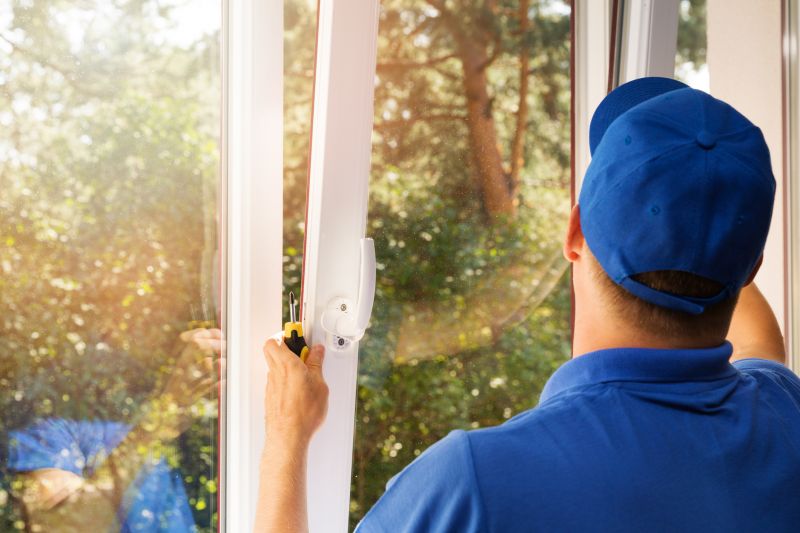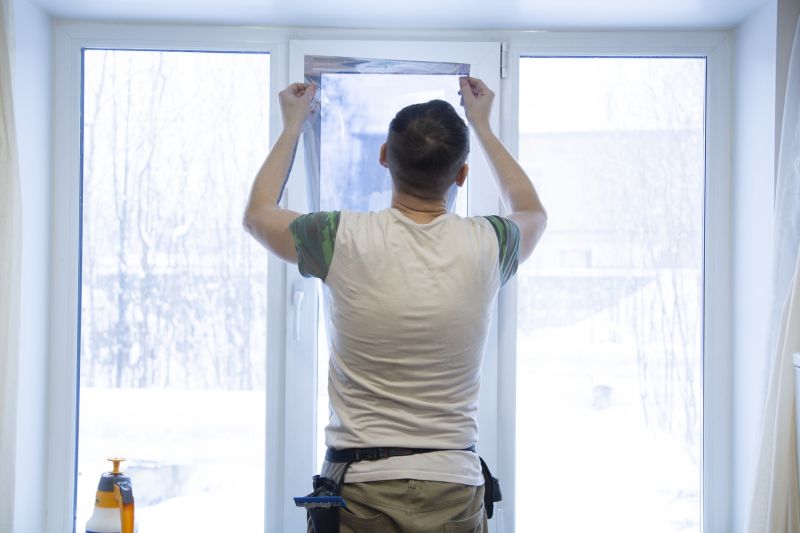Optimal Timing for Windows Installations
Windows installations are a critical component of maintaining optimal computer performance and security. Choosing the right time for installation can minimize disruptions and ensure compatibility with system updates and hardware changes. The timing depends on various factors including system readiness, software updates, and user availability.
Installing Windows during periods of system updates ensures compatibility with the latest software and security patches, reducing the risk of conflicts.
Timing installations around hardware upgrades can improve system stability and performance, especially when installing on new components.
Scheduling during times when user activity is low minimizes disruptions to workflow and productivity.
Performing installations during off-peak network hours can facilitate faster downloads and updates.

Ensure backups are completed before proceeding with installation.

A clean install can improve performance and resolve existing issues.

Configure settings and install necessary drivers after installation.

Verify hardware compatibility before initiating installation.

Create a full backup to prevent data loss during installation.

Update system software immediately after installation.

Identify and resolve common problems that may occur during setup.

Adjust security settings to protect the system post-installation.

Tune system settings for optimal performance after installation.
| Aspect | Best Time to Install |
|---|---|
| System Updates | During scheduled update windows or off-peak hours |
| Hardware Upgrades | Immediately following hardware installation |
| User Availability | When user activity is minimal or during planned downtime |
| Network Conditions | During off-peak network usage times |
| Maintenance Periods | Aligned with organizational maintenance schedules |
| Software Compatibility | Before major software deployment or updates |
| System Performance | When system performance degrades or issues arise |
| Security Patches | As soon as security updates are released |
Windows installations are essential for system upgrades, troubleshooting, and maintaining security. Proper timing ensures minimal disruption and optimal system performance. Regularly scheduled updates and hardware upgrades are best performed during planned maintenance windows or periods of low activity to ensure smooth operation.

Step-by-step procedures for installing Windows effectively.

Enhancing system performance after installation.

Addressing typical problems encountered during installation.

Ensuring data safety before starting installation.
Interested in scheduling a Windows installation or learning more about the process? Filling out the contact form can provide further assistance and tailored recommendations to meet specific system needs.




